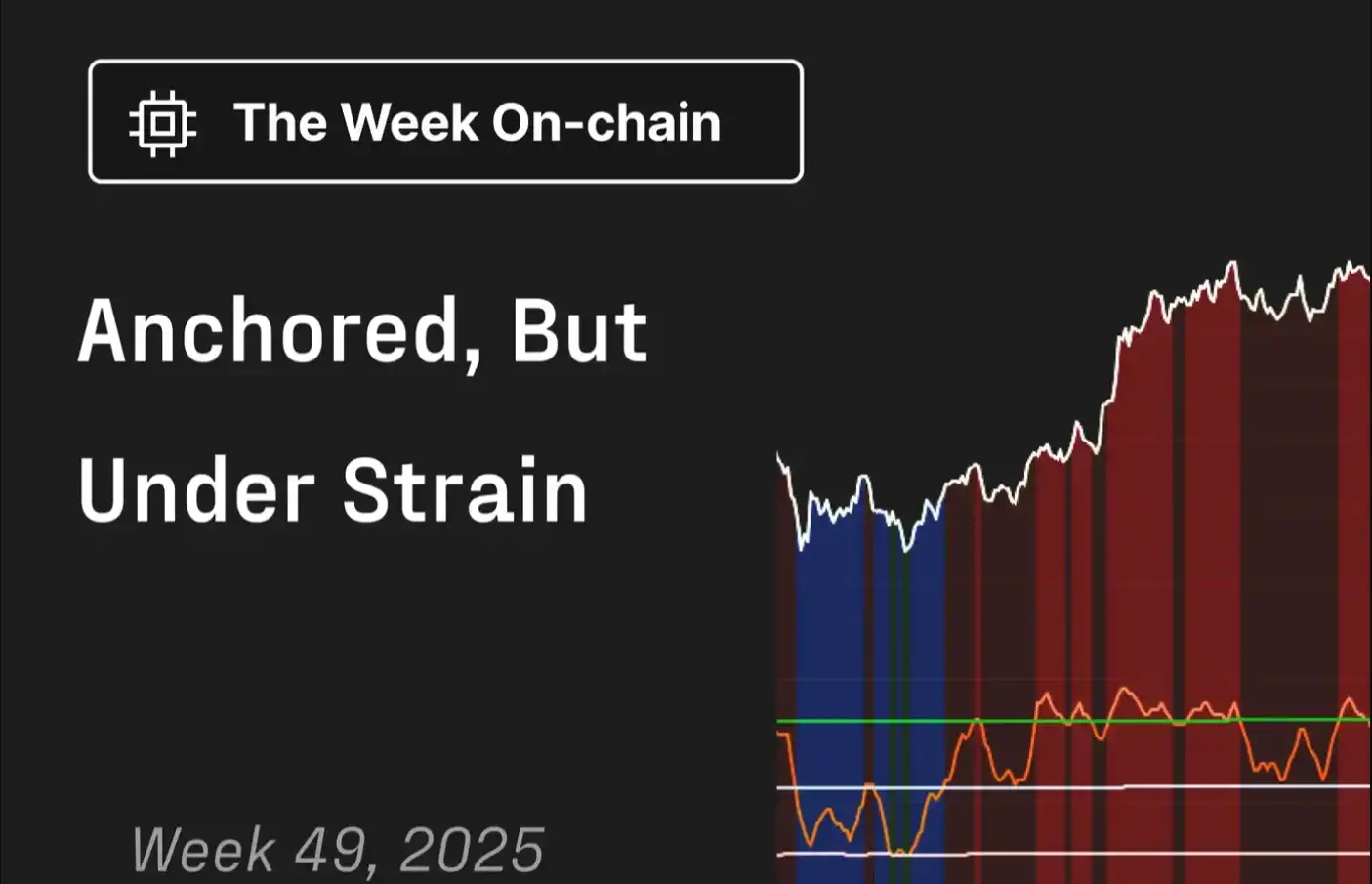FSB Flags Data Privacy as Major Barrier to Global Crypto Regulation
Quick Breakdown
- FSB identifies data privacy as a key obstacle to global crypto oversight.
- Privacy laws restrict data sharing among regulators, report says.
- Watchdog urges stronger cooperation to address regulatory fragmentation.
The Financial Stability Board (FSB), the G20’s risk watchdog, has identified data privacy as one of the biggest legal obstacles to effective cross-border regulation of cryptocurrencies, including Bitcoin and stablecoins. The warning comes as global regulators struggle to align crypto oversight frameworks amid concerns over financial stability and market integrity.
Privacy laws hindering cross-border supervision
In a 107-page peer review report published Thursday, the FSB highlighted persistent inconsistencies in how countries approach crypto regulation — a challenge that has created room for regulatory arbitrage, fragmented markets, and significant data gaps. The report noted that varying national privacy laws have made it difficult for authorities to share information necessary to identify systemic risks.
“Secrecy or data privacy laws may pose significant barriers to cooperation,” the FSB said, pointing out that in some jurisdictions, financial institutions and crypto companies are legally restricted from sharing data with foreign regulators. This limitation, the board warned, weakens efforts to monitor global crypto flows and undermines coordinated responses to emerging risks.
🚨 G20 warns of “significant gaps” in crypto regulation.
The Financial Stability Board (FSB) says global oversight of digital assets remains fragmented, with each country applying different rules.
This inconsistency complicates AML efforts and cross-border monitoring.… pic.twitter.com/a0FXOQeOLe— Lynneri (@lynneri_) October 16, 2025
Regulators urged to strengthen cooperation frameworks
Beyond privacy restrictions, the report cited divided supervisory responsibilities, inconsistent enforcement practices, and hesitation among market participants to share sensitive data due to fears of confidentiality breaches or a lack of reciprocal transparency. These factors, the FSB added, have delayed cooperation requests and, in some cases, discouraged participation in international monitoring initiatives altogether.
The FSB called for governments to address these gaps urgently, arguing that improved data-sharing mechanisms and harmonized regulatory standards are essential for managing the fast-evolving crypto landscape. While the watchdog has yet to propose concrete solutions, it emphasized that tackling privacy-related barriers would help foster more effective global oversight of digital asset markets.
Meanwhile, in Africa, the Kenyan government has suspended the Worldcoin project over concerns of unauthorized biometric data collection and potential misuse of citizens’ personal information — further underscoring the growing tension between innovation and data privacy in global crypto regulation.
Disclaimer: The content of this article solely reflects the author's opinion and does not represent the platform in any capacity. This article is not intended to serve as a reference for making investment decisions.
You may also like
Pudgy Penguins NFT surpasses Bored Ape in one month: A quick overview of what the PENGU token is
PENGU is the official token of the Pudgy Penguins NFT series and will be launched on the Solana blockchain by the end of 2024. Pudgy Penguins is an NFT project featuring 8,888 unique penguin images, initially released on Ethereum, and has now become the second-largest NFT project by market capitalization. The launch of PENGU aims to expand the community, attract new users, and is planned for deployment on multiple blockchains. The total token supply is 88,888,888,888, allocated to the community, liquidity pools, project team, and others. Solana was chosen to reach a new audience and leverage its fast transactions and low-cost advantages. Summary generated by Mars AI This summary is generated by the Mars AI model, and the accuracy and completeness of its content are still in the process of iterative improvement.

Glassnode: Bitcoin Weakly Fluctuates, Is Major Volatility Coming?
If signs of seller exhaustion begin to appear, a short-term move towards $95,000 and the short-term holder cost basis is still possible.

Should You Still Believe in Crypto
No industry has always been right from the beginning, until it truly changes the world.

Zeus unveils institutional-grade MPC infrastructure blueprint at Solana Breakpoint 2025, enabling Bitcoin to enter Solana’s on-chain capital markets
The focus will now shift to building MPC tools and providing support for developers, driving the creation of more native UTXO applications on Solana.

